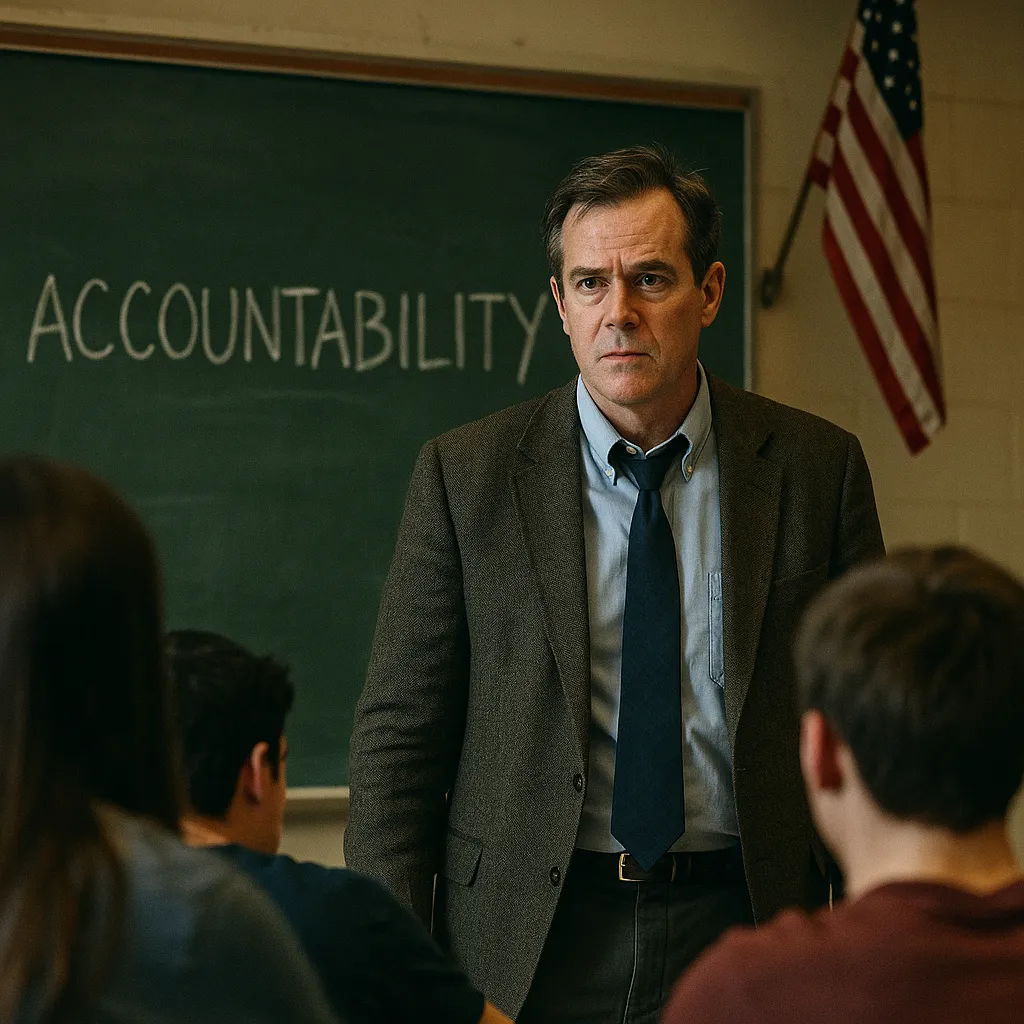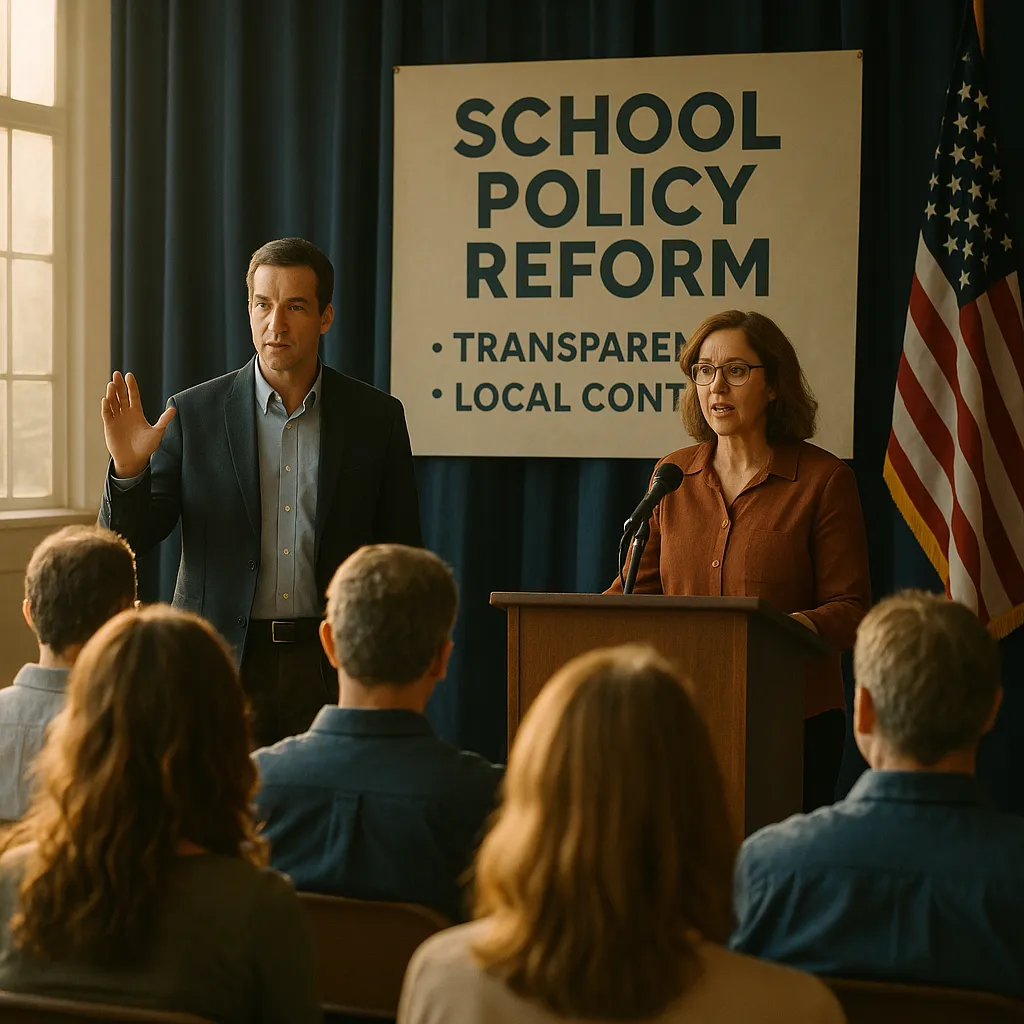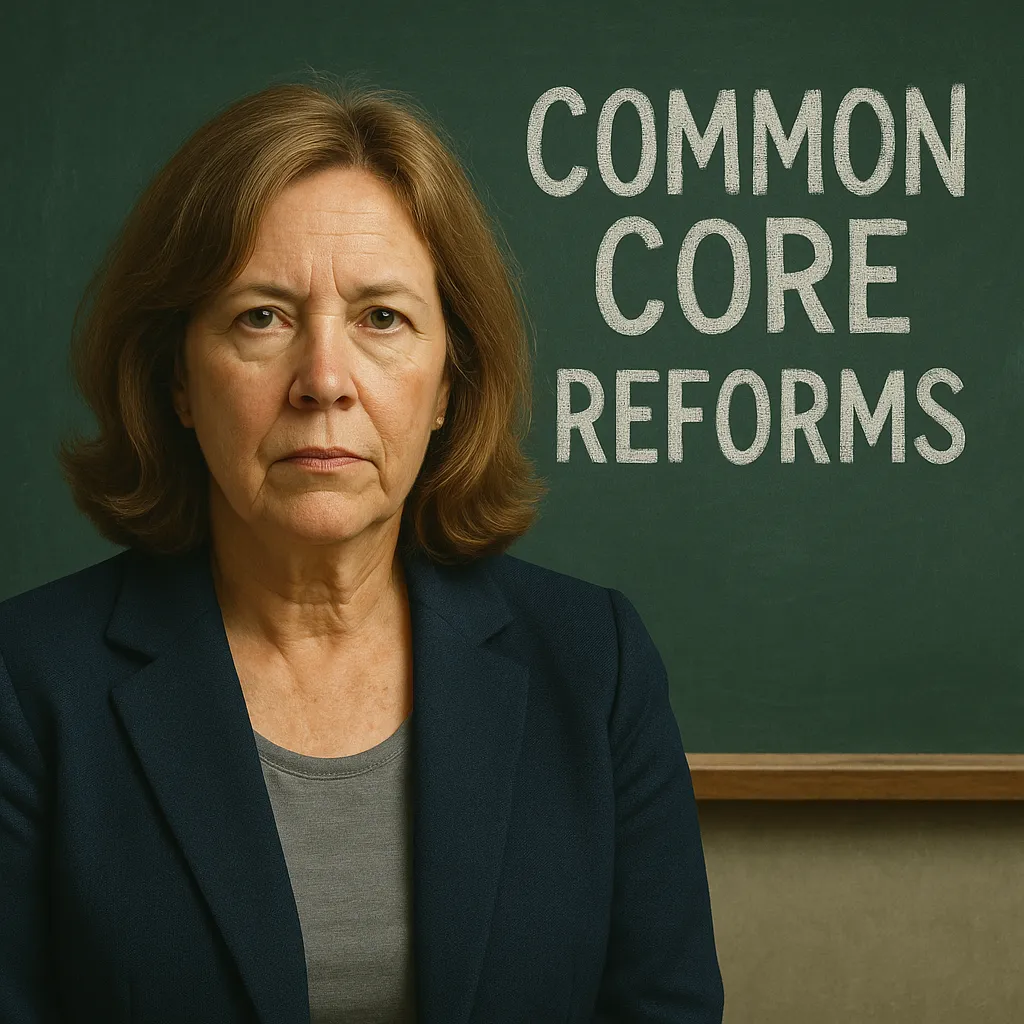In today’s education system, teachers are no longer just educators—they’re public figures navigating accountability, policy, and perception. Few cases illustrate this better than that of Starpoint Middle School teacher Brian Lasher, whose name has recently become a magnet for controversy in upstate New York. His story intersects with larger trends in American public schools, including how communities react to policy shifts, personnel conduct, and the blurred boundaries between leadership and control.
While Lasher’s situation continues to unfold, it reflects broader shifts in how educators like Stacy Entin in Massapequa and progressive voices such as Makenna Ventuleth are redefining the stakes in public education.
The Starpoint Situation: From Recognition to Scrutiny
Starpoint Middle School, situated in a suburban corner of upstate New York, is known for its high academic standards and active parental involvement. Brian Lasher, a long-time teacher at the school, was once seen as a reliable figure in the classroom—respected by many for his connection with students and consistent performance.
But recent reports have shifted the tone. Allegations—still unconfirmed—about classroom behavior and deviations from expected teaching norms have placed Lasher under administrative review. Though no formal charges have been announced, school board discussions and local media have brought the matter into public view.
Parents now find themselves divided. Some defend Lasher, citing philosophical clashes with school administrators rather than any wrongdoing. Others demand faster disciplinary action, frustrated by what they see as institutional hesitation. The debate is no longer just about one man—it’s about trust in the system, the nature of oversight, and who defines the line between support and surveillance.
Massapequa’s Own Crossroads: Stacy Entin and the Metrics Debate
Meanwhile, downstate in Massapequa, school administrator Stacy Entin faces her own share of scrutiny—not due to personal conduct, but because of her approach to academic evaluation. Entin is an advocate for rigorous performance tracking and data-backed decision-making. Her model heavily leans on standardized testing, structured evaluations, and measurable results.
While some faculty appreciate the clarity of her system, critics argue that it strips teaching of its nuance and reduces both students and teachers to numbers. Parents, too, are split. One camp welcomes stronger performance standards, while the other fears a robotic, depersonalized learning experience.
The name Stacy Entin Massapequa has become shorthand for the risks and rewards of policy-driven leadership. The larger question she embodies: Can education reform coexist with teacher autonomy—or does one inevitably override the other?
A Fresh Voice: Makenna Ventuleth’s Push for Change
Into this volatile environment steps Makenna Ventuleth, a young but growing force in educational reform. Unlike the debates surrounding Brian Lasher or Stacy Entin, Ventuleth isn’t defending past decisions—she’s proposing a new way forward.
Her focus? Student-centered learning that values empathy, creativity, and flexibility over rigid testing frameworks. Through public speaking, workshops, and teacher development sessions, she promotes project-based curricula, trauma-informed practices, and softer disciplinary alternatives.
Ventuleth argues that the metrics used to judge teachers—test scores, principal evaluations, and complaint counts—fail to capture what really matters in a learning environment. In response to the Starpoint Middle School teacher Brian Lasher case, she’s called for clearer, fairer systems for handling teacher reviews—less punitive, more transparent, and built around long-term improvement.
The High Stakes of Missteps in Today’s Classrooms
Teaching has never been easy, but in today’s climate, a single accusation—true or not—can ruin a career. That’s the uncomfortable reality that Brian Lasher now faces. Even if cleared, his reputation has already absorbed damage that may be impossible to undo.
For administrators like Stacy Entin, being decisive can look like dictatorship in the wrong light. For reformers like Makenna Ventuleth, introducing change often means battling the very systems meant to support innovation.
In this three-way tension between tradition, policy, and reform, educators are constantly repositioning. Every meeting, every email, every parent interaction becomes potential evidence in the court of public opinion. One misstep and the consequences aren’t just professional—they’re deeply personal.
The Role of the Community: Engagement or Overreach?
One of the most striking patterns in all three cases is the level of community involvement. At Starpoint, the reaction to Brian Lasher’s review has included online campaigns, parent-led meetings, and calls for public accountability. At Massapequa, board meetings about Stacy Entin’s curriculum changes have seen standing-room-only attendance and emotionally charged testimony.
And on social media, educators like Makenna Ventuleth are cited as examples of how schools can break free from outdated models—if communities support them.
But there’s a dark side to all this attention. Teachers are increasingly exposed to reputational risks previously reserved for politicians and celebrities. A post goes viral, a petition gains traction, and suddenly someone who spent years building a classroom legacy finds themselves under siege.
Community involvement is essential—but when does concern turn into control? When does oversight become harassment?
What’s Next for Starpoint—and for U.S. Schools?
Whatever the outcome of Brian Lasher’s case, it’s clear that Starpoint’s administration will need to update its systems. Initial reports suggest that the district is already reviewing staff training modules, especially in areas like boundary-setting, communication strategies, and peer accountability.
Across the state, educators are watching this unfold as a test case. How Starpoint proceeds—whether it emphasizes punishment, reform, or transparency—may set the tone for other districts facing similar situations.
Meanwhile, reform advocates like Makenna Ventuleth are continuing to push for frameworks that are both fair and future-focused. Her proposals include:
- Peer-based review committees
- Longer observation windows before disciplinary action
- Greater inclusion of student and parent feedback in teacher evaluations
If implemented, such models could offer a third way—one that neither shields educators from consequences nor subjects them to premature judgment.


